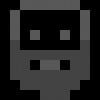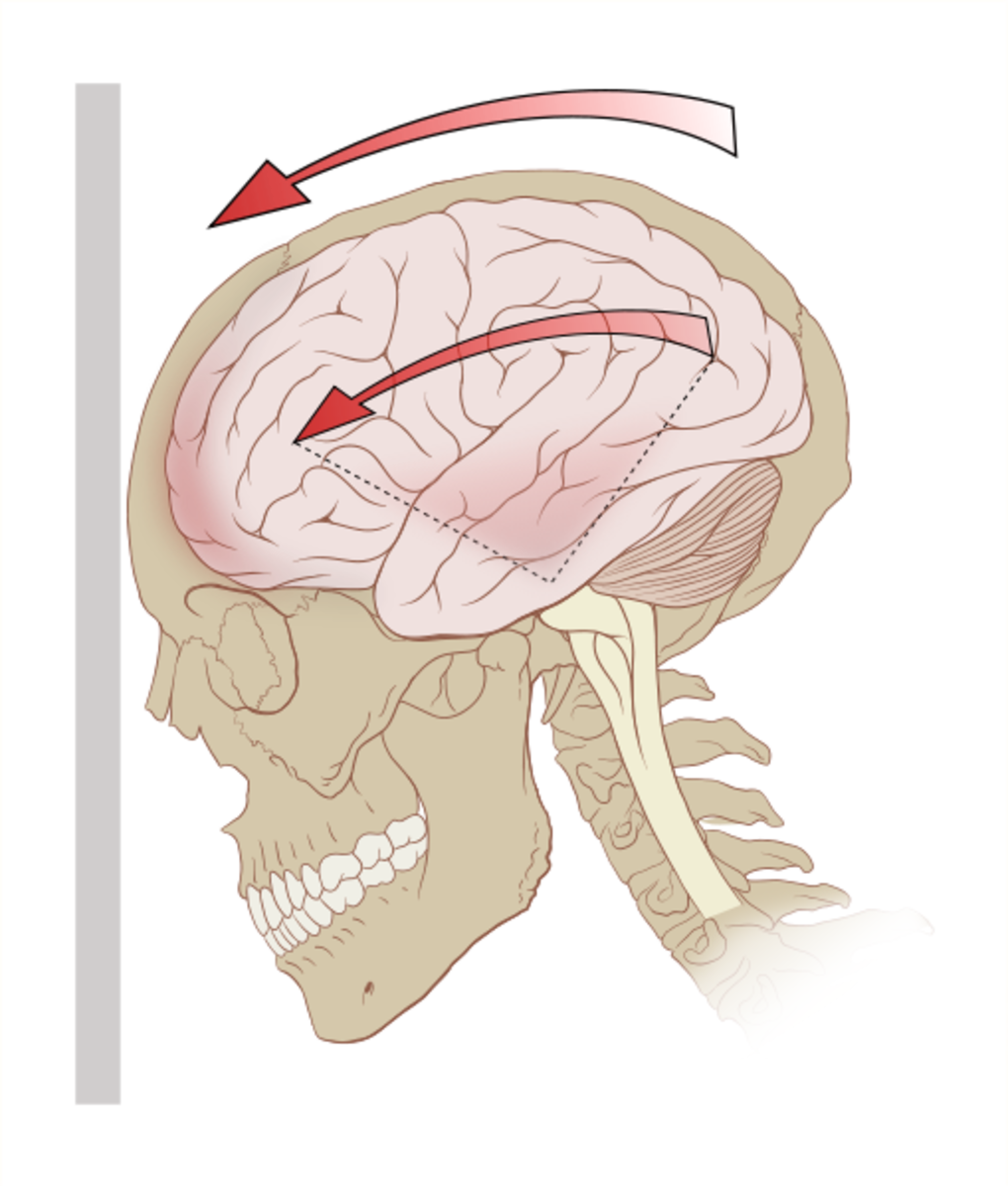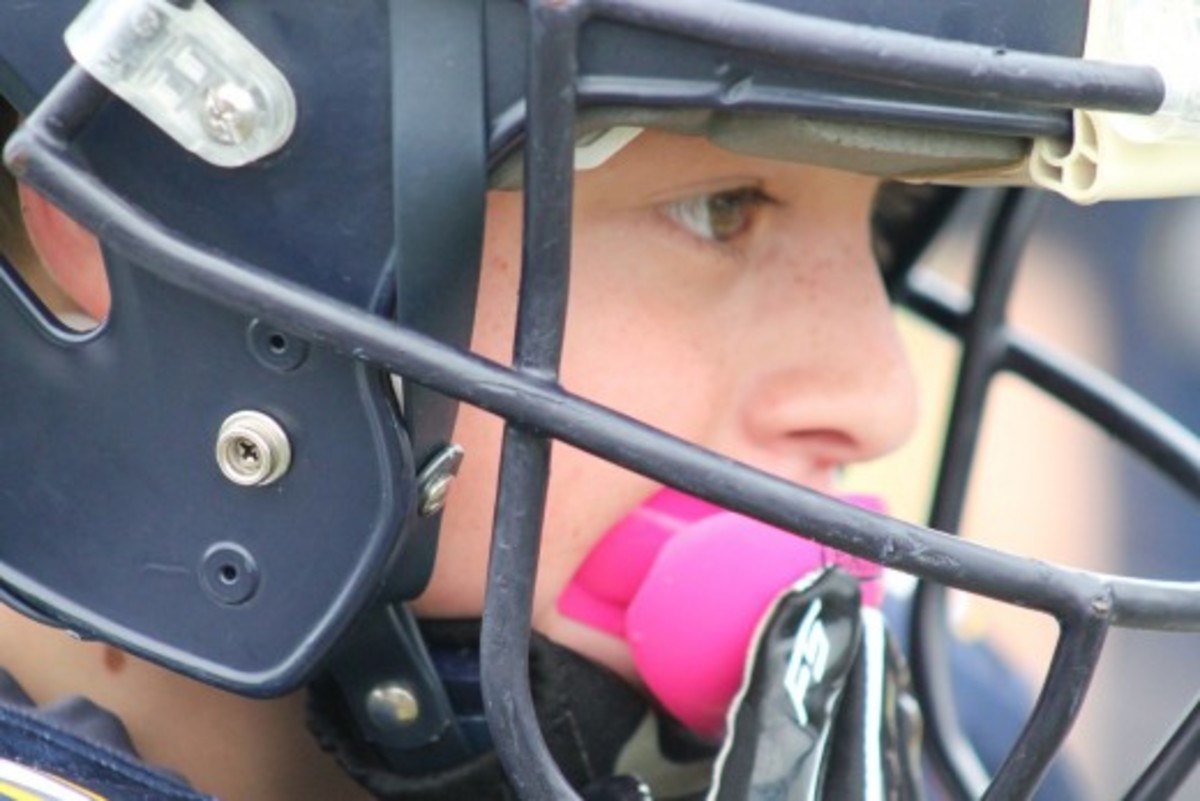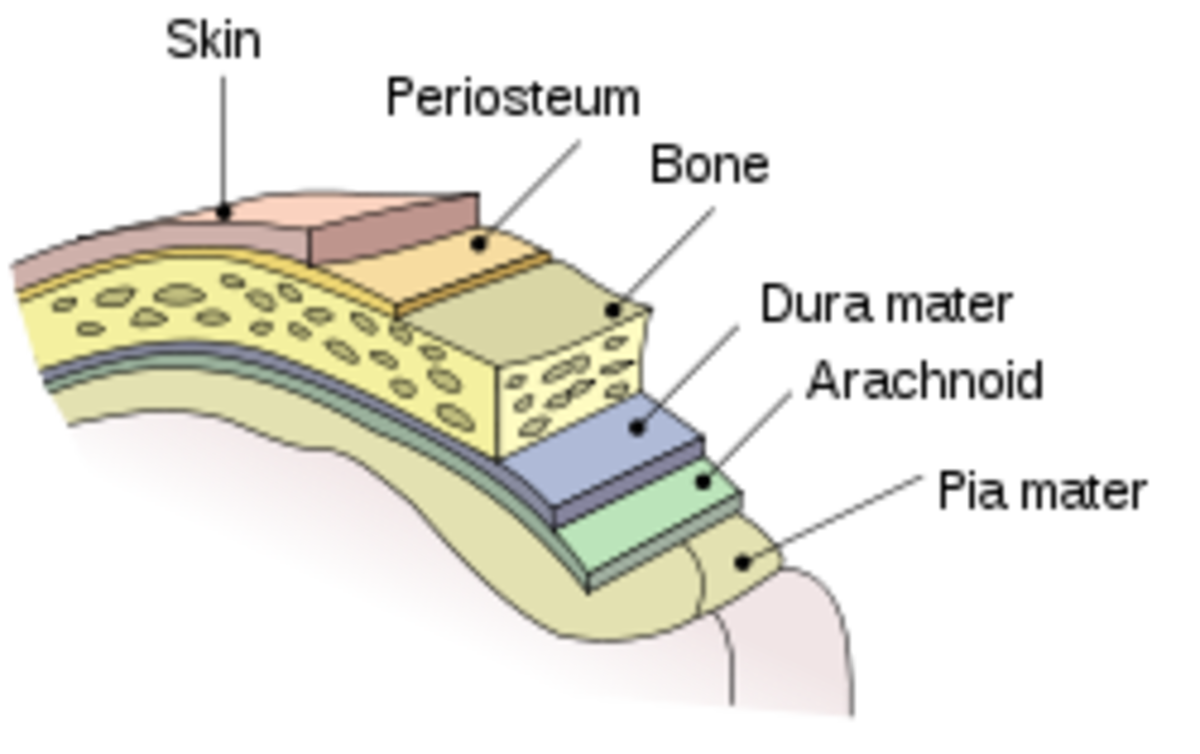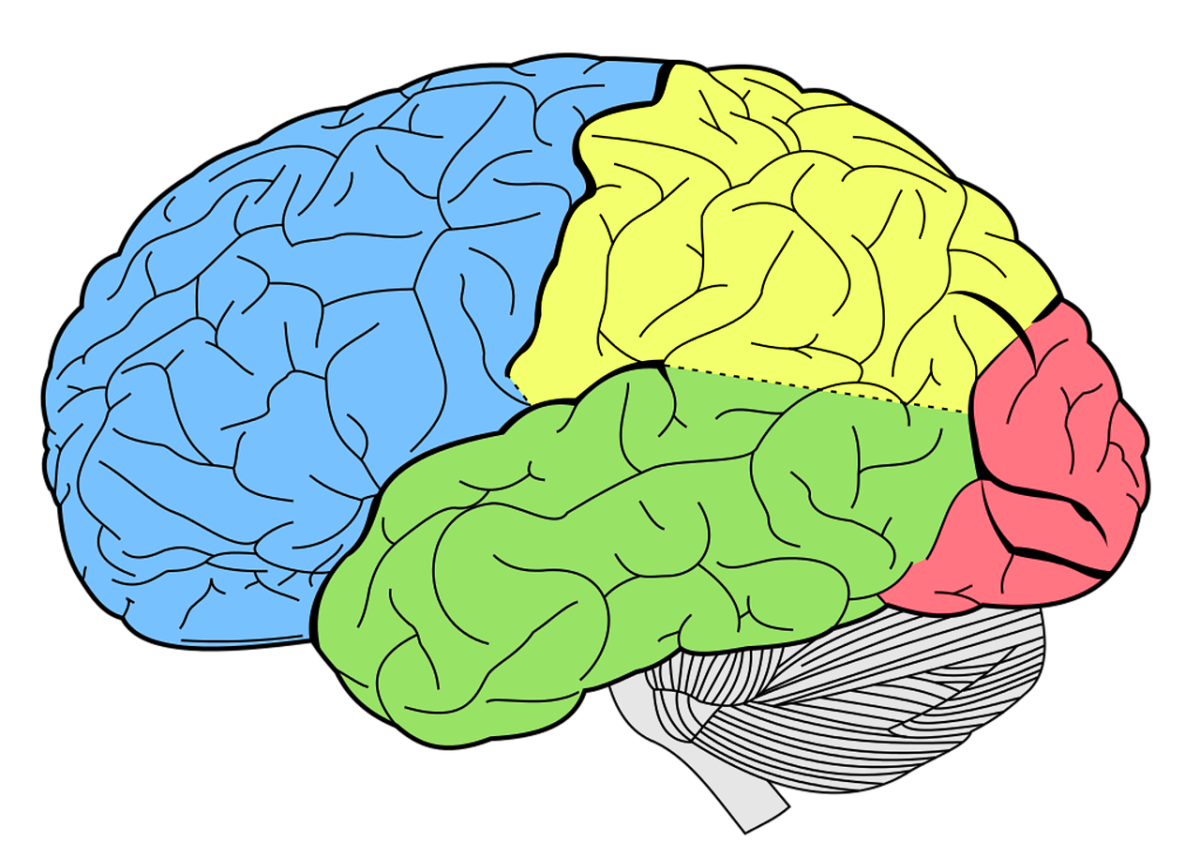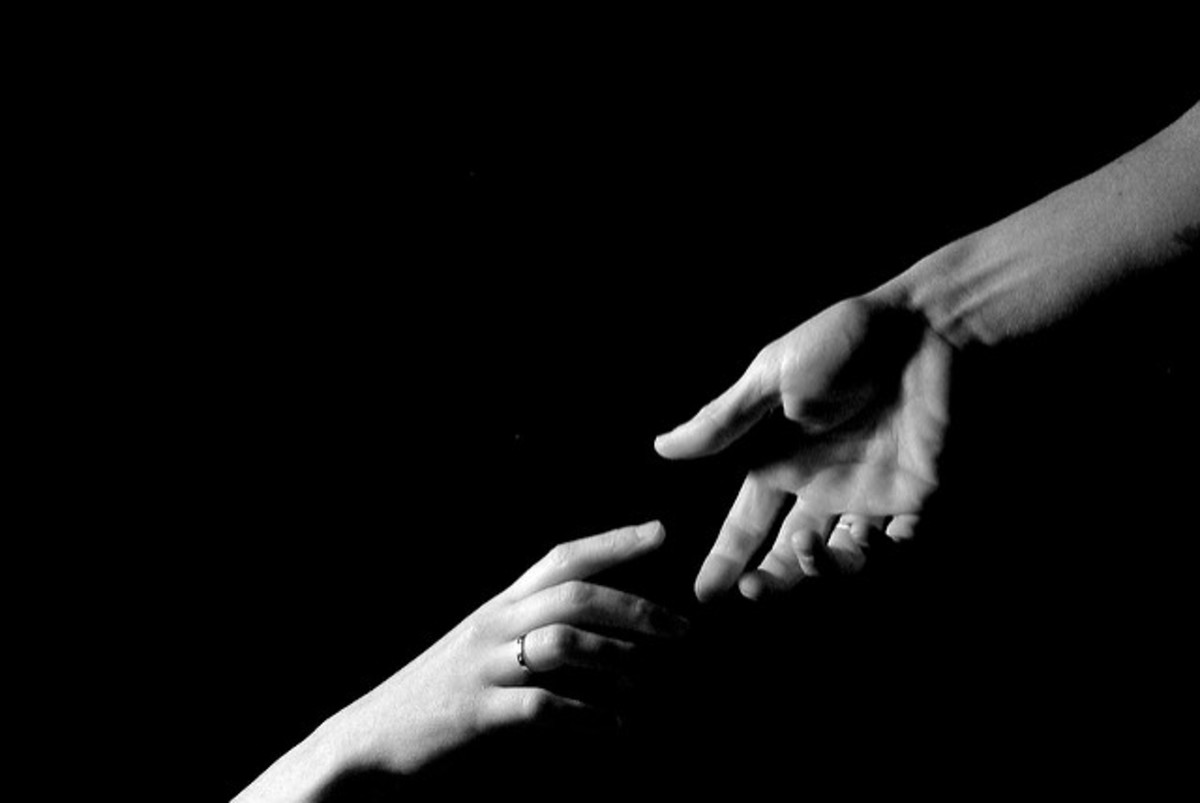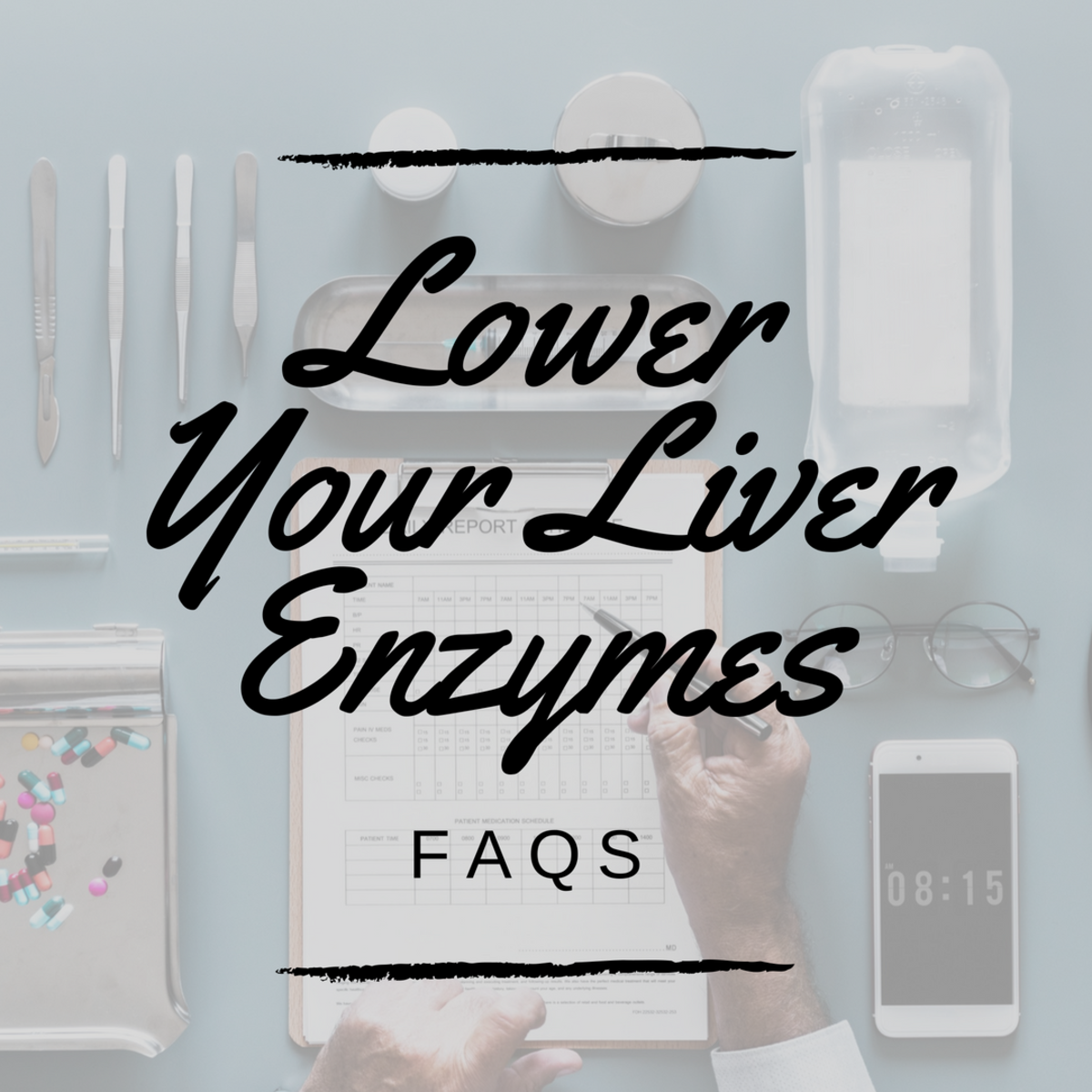How To Check If Someone Has Suffered A Concussion

The human head is the temple of the human existence, as it houses the most important functions of the human body, and as such, humanity has developed a special feeling of care in relation to it.
As such, you'd be surprised with how often people suffer head injury.
According to the CDC (Center for Disease Control and Prevention), roughly 1.7 million people annually suffer traumatic head injuries in the United States alone, although this statistic only accounts for head injuries that are brought to medical attention. An unknown number of head injuries happens every year, with only part of them being of them being treated.
And what is the reason for such a thing? Well, you see, as ridiculous as it may sound, head injury isn't aways easily detectable, this is specially true for concussions.
Concussion
According to the CDC website, "A concussion is a type of traumatic brain injury—or TBI—caused by a bump, blow, or jolt to the head or by a hit to the body that causes the head and brain to move rapidly back and forth. This sudden movement can cause the brain to bounce around or twist in the skull, stretching and damaging the brain cells and creating chemical changes in the brain."
In more layman's terms, a concussion is an injury happens when your head is shaken (either due to an impact or sudden movement) strongly enough to cause the brain to move around inside your skill, either hitting the walls of the skull or by twisting its mass or the spinal cord. The brain, of course, is very malleable, and as such it is very prone to injury, even if the skull isn't breached.
Inform Yourself
What Makes Concussions So Dangerous?
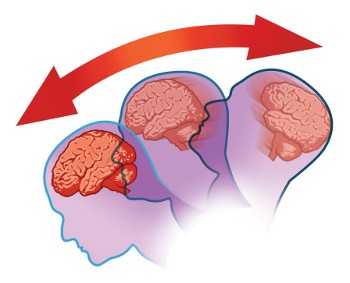
You see, concussions aren't easily detectable, as they (usually) do not involve any exterior injury, and without a careful observation, a person who suffered a concussion can go on without treatment, eventually suffering the resulting consequences to their health, which can be deadly.
According to some specialists, untreated concussions can lead to mental disorders in the long term, specially if suffered during the childhood, a time in which the brain and the mental structure of a person is still developing. It is speculated that untreated concussions may be partly responsible for a good percentage of anxiety and depression cases in people that do not have other reasons to have developed such disorders.
It doesn't help that children are the group that are mostly exposed to situations that may cause a concussion. Another high risk group are regular contact sports practitioners (professional or not) such as wrestlers, football, soccer and hockey players.
Untreated concussions can also cause, among other problems:
- Sudden loss of performance in your job;
- Reduced physical ability, either due to reduced dexterity or strength;
- Relationship problems due to mood sings or even reduced or increased sex drive;
- Any number of problems related to mental health;
- Chronic pain;
If you detect a possible concussion on someone, either using the methods listed on this hub or any other way, seek medical help as soon as possible.
If you suspect that suffered a possible concussion, or are suffering from the effects of an untreated concussion, but don't want to see a doctor just yet, ask a trusted person to run these basics tests on you instead of attempting to detect it yourself.
Remember that NOTHING in this hub or anywhere else online is more valuable than the opinion of a trained medical professional. When in doubt, ALWAYS seek a doctor.
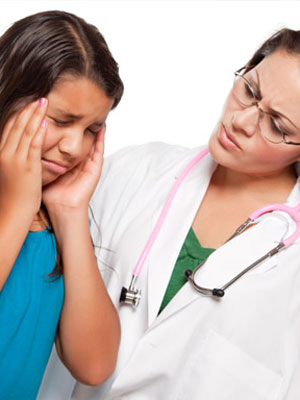
Concussion Symptoms
While concussions aren't always evident, there are tried and true methods to find out if a person may be suffering from the effects of one, by checking the symptoms currently being displayed by the affected person.
Before following these steps, however, here are some basic precautions to take before doing any of these tests, to make sure you don't get a false positive:
- Make sure the person you'll be testing is sober, after all, you'll need her help to examine a few symptoms;
- If at all possible, check if said person suffers from any disease or disorder that may cause symptoms similar to the ones of a concussion. Also, check if they're currently taking any controlled medication that can cause these symptoms;
- Find a calm, comfortable place where the person being examined can sit and lay down if needed. A grassy field is a decent alternative if you're outside;
- Be very careful while handling their body, specially their head, after all, you don't want to make a possible concussion even worse, do you?
Step 1: Consciousness
While unconsciousness is a rather common symptom of concussions, it is only estimated to happen in about ten percent of cases.
- Check if person responds (either with words or expressions) to conversation or touching. Hold their hands and squeeze them a bit and watch if they react.
- Try to lay the unconscious person on his/her back and turn his/her head to the side, using something as a cushion for the head and making sure their airways are not disrupted in any way. Check if their breathing is normal (regular intervals between respiratory cycles, not too fast or too slow).
- Also, check if their pulse is normal and, if possible, make sure that their blood circulation isn't being disrupted by anything.
Remember that, if the person just became unconscious, regardless of the reason, you should immediately call for help. If you are alone with said person when this happens and need to leave her to call for help, try to CAREFULY position her properly before you go, if at all possible.
Step 2: Physical Exam
If they are conscious, try to conduct these tests on them:
- Ask them if they feel nauseous or if they have a headache. If they feel nauseous, help them position themselves if they are about to vomit;
- Also, check if they are suddenly extra sensitive to light or sound. See if they close their eyes or turn away to avoid a source of light, and try to cover their ears when they hear a sound they're accustomed to hearing, or ask you to not speak so loud;
- If they're currently standing or try to get up, watch them closely and check if they have problems balancing themselves. Don't let them fall!;
- Be they either conscious or unconscious, and you have a flashlight around, try to shine the light into their eyes. Check if their eyes focus on the light and if their pupils react correctly (they should grow smaller). Also, make sure to check if their eyes move irregularly or seem to "tremble" slowly.
If you do not detect a response to light or the eyes are moving irregularly, thats a hint for a concussion or even a stroke (or another serious problem). If so, seek help from a doctor as soon as possible.
Step 3: Mental Exam
Due to the nature of these tests, the person being tested will need to be conscious.
- Check if they have a difficult time concentrating. This can be done by telling them to look at your hand and counting your fingers. Also, tell them to focus on your finger and move it from left to right in front of them, so that they have to turn their eyes to keep following it. Difficult in doing so can be a sign of a concussion;
- Ask them simple questions and check if they're able to answer promptly. Ask about their name, their family, and if they remember any recent events. Failure to answer properly or quickly enough may be indicative of a concussion;
- Ask them if they feel "slow". Remember to speak slowly and clearly, and check if they ask you to repeat yourself often;
- Check their emotional state. Are they experiencing mood swings that they didn't have before? See if they exhibit abnormal anger, excitement, anxiety or if they are depressive;
- Make sure to check if they are sleeping properly. Concussions are known to cause disruptions on a person's regular sleeping habits. Check if they sleep too much or seem very tired, or sleep too little. Do they seem more tired than normal during the day or feel highly lethargic?
If they fail these tests or exhibit the traits here presented, this can be indicative of a concussion.
On Children
While children who suffer concussions usually exhibit the same symptoms an adult does, they certainly do not express themselves in the same ways, which can make it difficult to tell if they are truly exhibiting any symptoms.
However, do take special care with them, and if you suspect they may be suffering from the effects of a concussion, try to notice these traits:
- A child's behavior changes are more easily detected immediately after a possible concussion. Check if the child seems abnormally anxious, sad or scared for a long period of time after the event, or if they have trouble focusing on anything when they previously did not have such difficulties;
- See if they're crying abnormally. While children often cry after they get injured, it may not be very easy to detect a change in their behavior, but try to notice if they seem excessively upset in addition to their crying, or if they cry more than they usually do when they get hurt;
- In the long term, they may exhibit several behavior changes. See if they're not interested in doing things they used to enjoy regularly or if their eating preferences have changes drastically;
- Look out for any changes in their behavior that seem unusual, and check if they suddenly seem unable to do something or use a skill they once were able to. Also, try to check if they've lost memory of something they once knew. See if they recognize their toys or are suddenly unable to hold their bottle.
Disclaimer
Yet again, remember, nothing in thus hub can substitute the opinion of a professional. A concussion is a serious injury that can have very serious ramifications in a person's life if not properly treated.
ALWAYS SEEK THE OPINION OF AN AUTHORIZED MEDICAL PROFESSIONAL.
If you liked this, you may like my other hubs:
Reader's Poll
Have you ever suffered a concussion?
© 2015 Guilherme Radaeli
